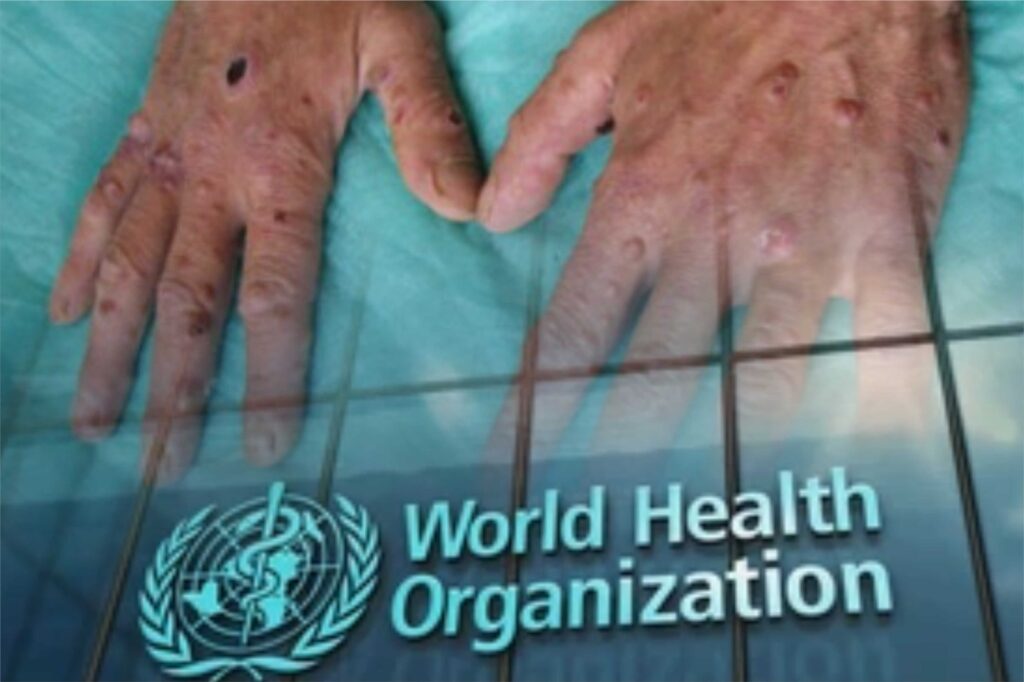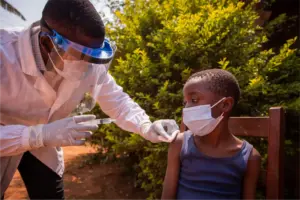
The WHO has developed a creative training program meant to result in efficient control of cryptococcal illness in the HIV population under influence. At the WHO Academy, treatment of Cryptococcal Disease is the learning package in management of diseases. The WHO has offered the chance for healthcare professionals’ growth of know-how regarding effective patient care among those who suffer from cryptococcal meningitis, a sort of serious brain illness with fungal nature which could end in mortality.
Leading cause of disease, disability, and death in sub-Saharan Africa, Cryptococcal disease is one of the most serious opportunistic diseases known to affect people with advanced HIV. Recent significant revisions of WHO’s clinical recommendations have been done in response to a recognized urgent need for improved treatment approaches.
WHO strongly advised in 2022 a single high dosage of liposomal amphotericin B as the advised induction treatment for cryptococcal meningitis. Multicenter randomized controlled studies showing the effectiveness of this streamlined approach supported such a conclusion. The study found that the prior standard of care was similar to a single high dosage of liposomal amphotericin B given along with flucytosine and fluconazole. Less toxicity, smaller surveillance, and a shorter patient stay in the hospital were among the further advantages.
Another session will inform health professionals on the recently published WHO recommendations on the screening, diagnosis, and treatment of cryptococcal meningitis. A student would thus learn how to prescribe the abovementioned meds, even deliver liposomal amphotericin B efficiently, and further manage or help reduce difficulties and side effects since of therapies applied to patients stricken with cryptococcal infections.
Apart from theoretical information, the curriculum consists in self-evaluation courses meant to support learning. Participants who successfully complete will get a certificate acknowledging their knowledge in using WHO’s most recent guidelines for managing cryptococcal meningitis.
Since health workers will be armed with the most recent medical information and practical skills, this program will help fight against HIV-related opportunistic illnesses worldwide and enhance the outcomes of patients. WHO urges all health professionals, from all backgrounds, to enroll in the course to improve their capacity in handling this important medical concern.








